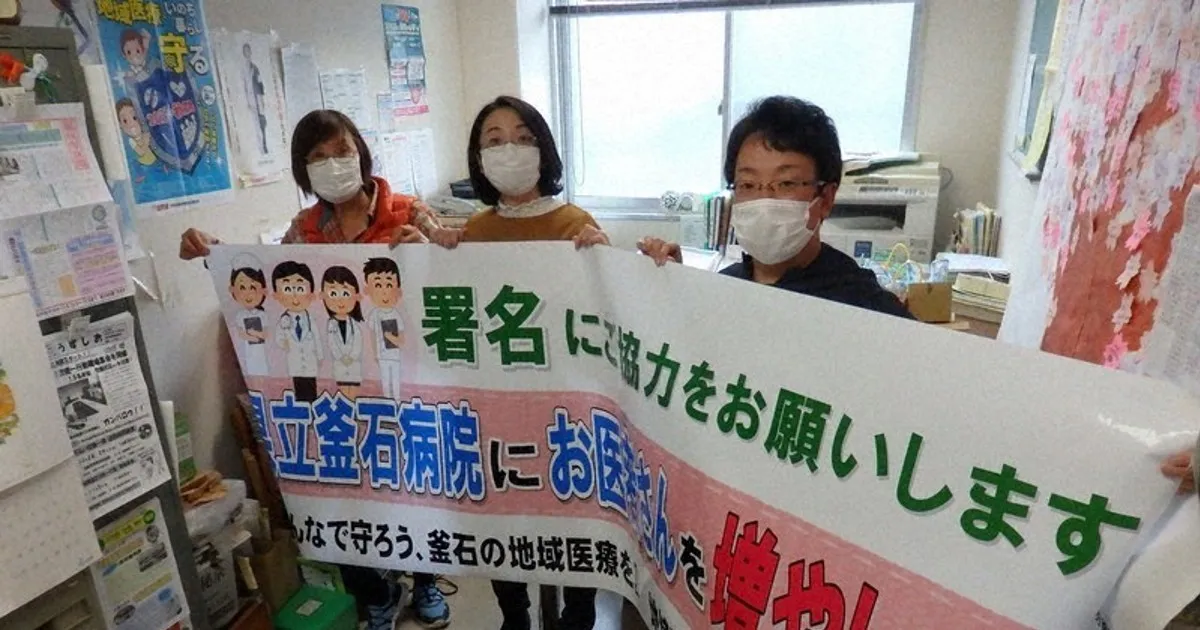Japan's Uneven Distribution of Doctors: A Call to Action

Introduction: The Doctor Shortage Issue in Japan
Japan's healthcare system grapples with a critical imbalance in the distribution of healthcare professionals. While urban areas boast a surplus of doctors, rural communities are left with insufficient medical personnel, creating a healthcare gap.
Impact on Rural Healthcare
- Rural regions report a critical lack of access to essential medical services.
- The concentration of doctors in cities exacerbates health disparities across different populations.
Potential Solutions to Address the Imbalance
- Incentivizing Physicians: Encouraging medical professionals to practice in rural areas through financial incentives.
- Healthcare Policies: Implementing regulations that support a more balanced distribution of medical resources.
Call for Policy Changes
To ensure equitable healthcare access, it is imperative for the Japanese government to prioritize policies that address this pressing issue. Without decisive action, the health of many rural inhabitants remains at risk.
Conclusion: The Need for Action
Japan must act swiftly to rectify the uneven distribution of doctors in urban and rural areas. A collaborative effort involving healthcare stakeholders is essential to tackle this critical concern for public health.
This article was prepared using information from open sources in accordance with the principles of Ethical Policy. The editorial team is not responsible for absolute accuracy, as it relies on data from the sources referenced.